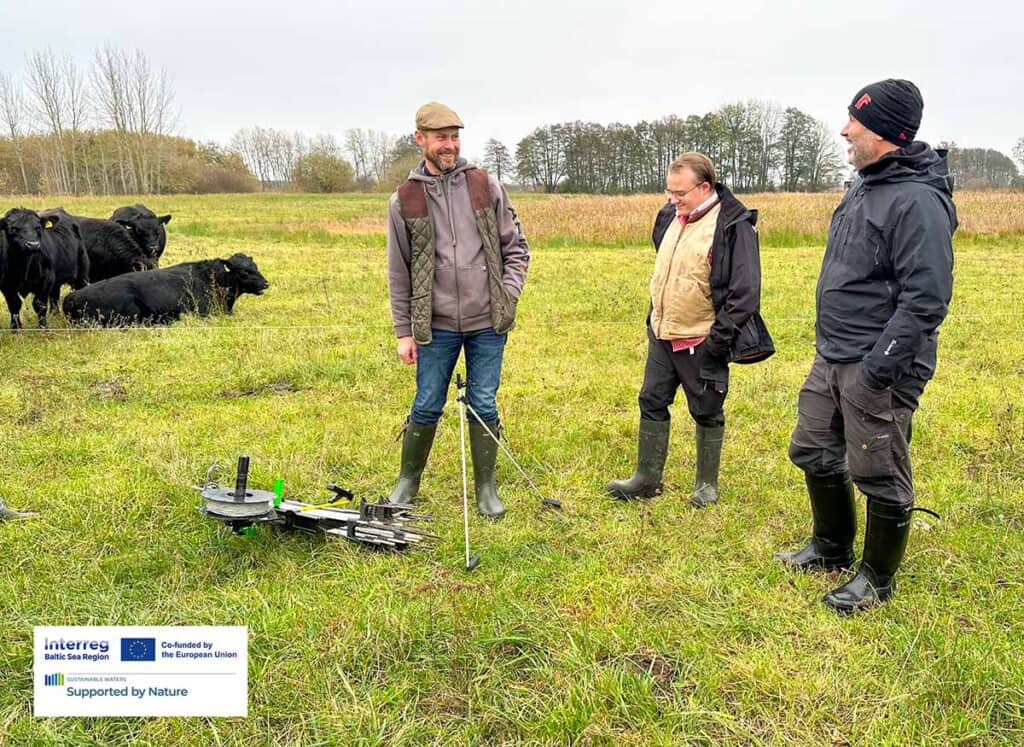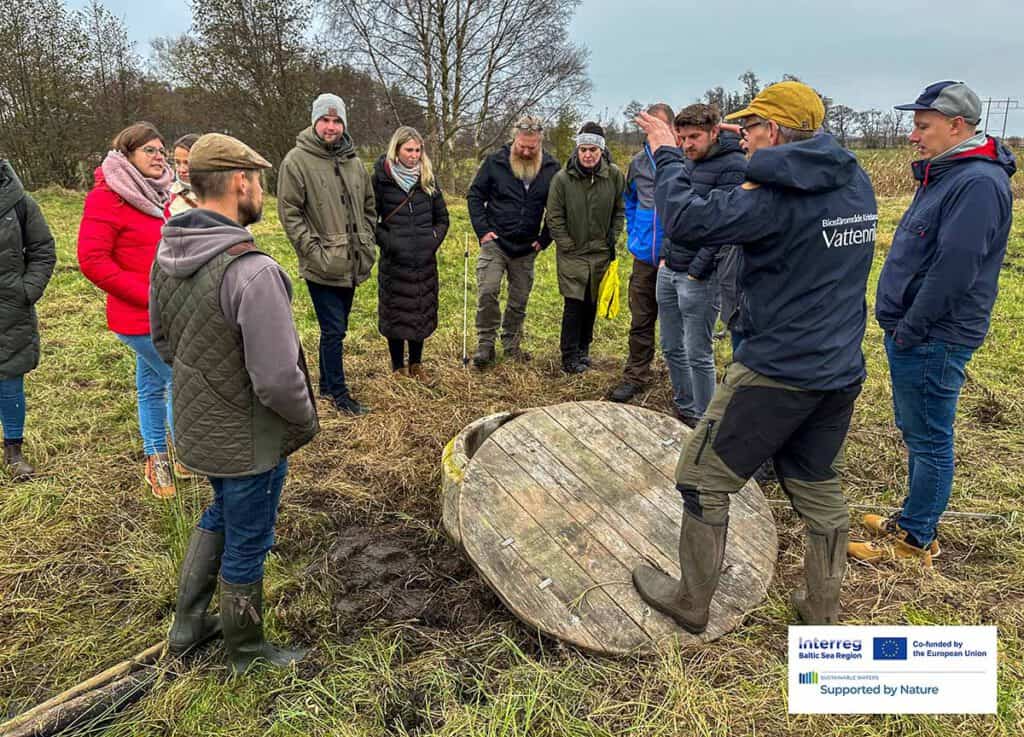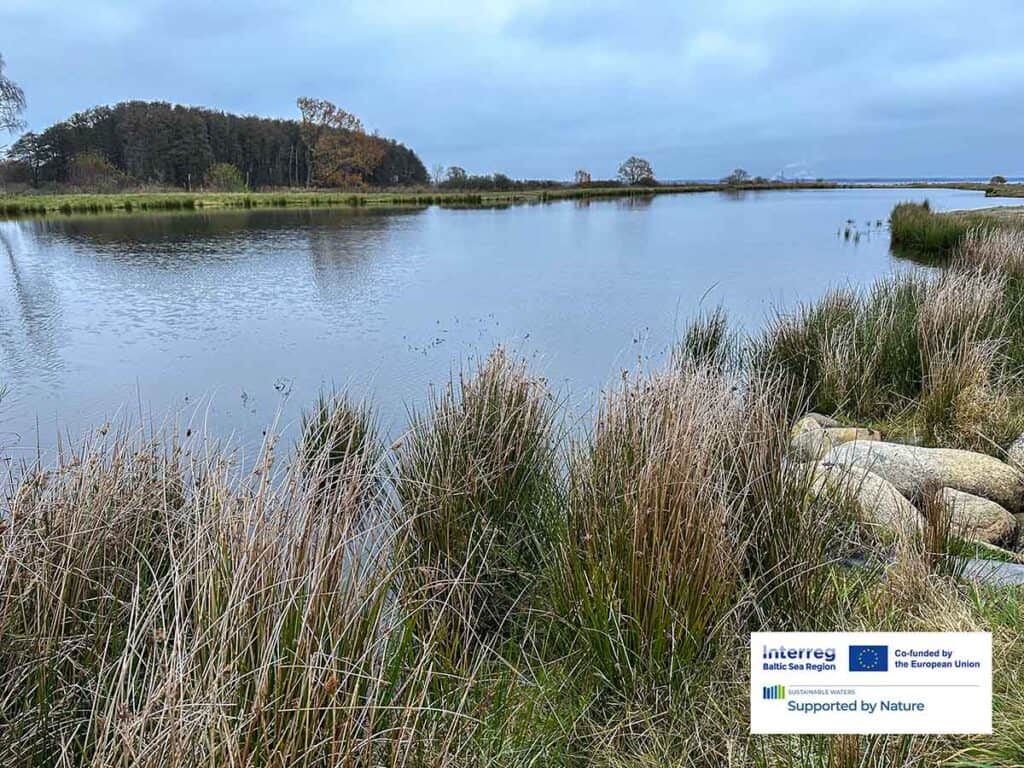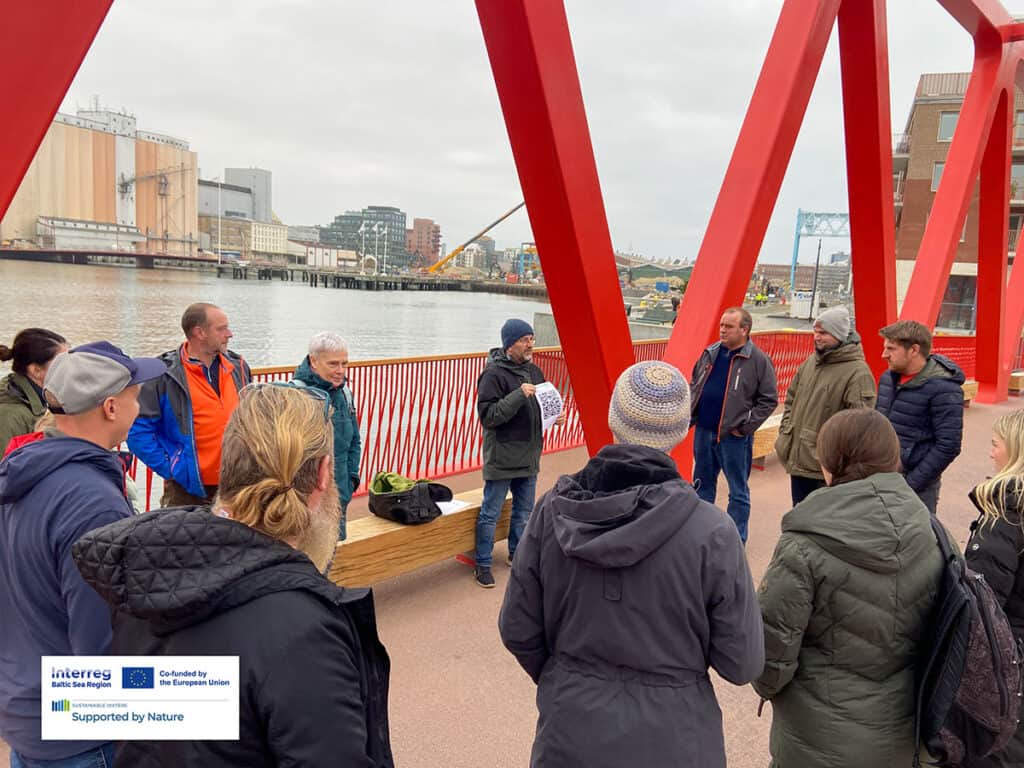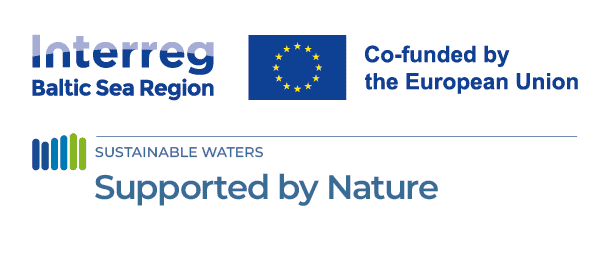
Transnational Learning: Exploring Wetlands Together
18 November 2024
Participants from the Southeast Rügen Biosphere Reserve, including farmers, representatives from the German Farmers’ Association, and a PhD student, embarked on a field trip to Sweden as part of our transnational learning exchange. This unique collaboration focused on sustainable wetland management, hosted by Kristianstad Vattenrike and Blekinge Archipelago Biosphere Reserves.
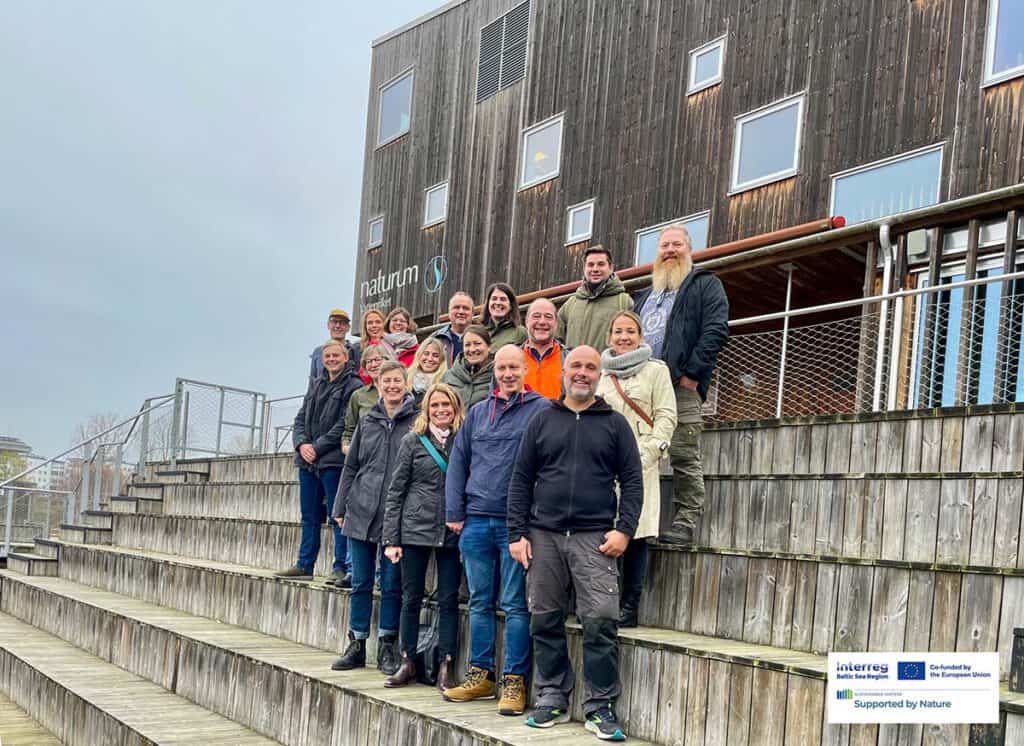
Photo: Participants visiting naturum Vattenriket. Credit: Kristianstads Vattenrike Biosphere Reserve
Learning from Sweden’s Wetlands
The day began with warm greetings and insightful presentations from Carina Wettemark, Åsa Pearce, Per Torstensson (Kristianstads Vattenrike Biosphere Reserve), and Andras Jezek (Biosphere Reserve Blekinge Archipelago), who shared innovative approaches to wetland restoration in Sweden. Participants also enjoyed coffee and explored the naturum Vattenriket exhibition.
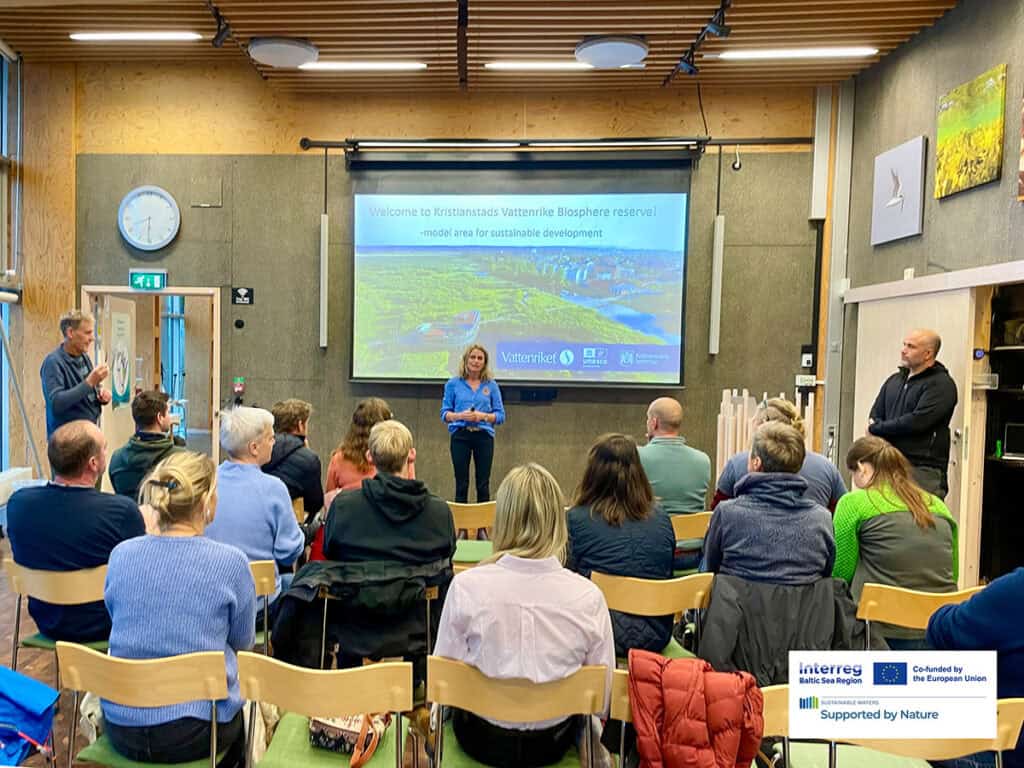 Photo: Insightful presentations about innovative approaches to wetland conservation in Sweden at Kristianstad Vattenrike Naturum. Credit: Kristianstads Vattenrike
Photo: Insightful presentations about innovative approaches to wetland conservation in Sweden at Kristianstad Vattenrike Naturum. Credit: Kristianstads Vattenrike
Sustainable Water Use
The next stop was Köpinge wetland, a multifunctional site designed for irrigation, nutrient retention, biodiversity, and sustainable water management. Per and a local farmer shared valuable insights into how the wetland supports both the environment and agricultural needs.
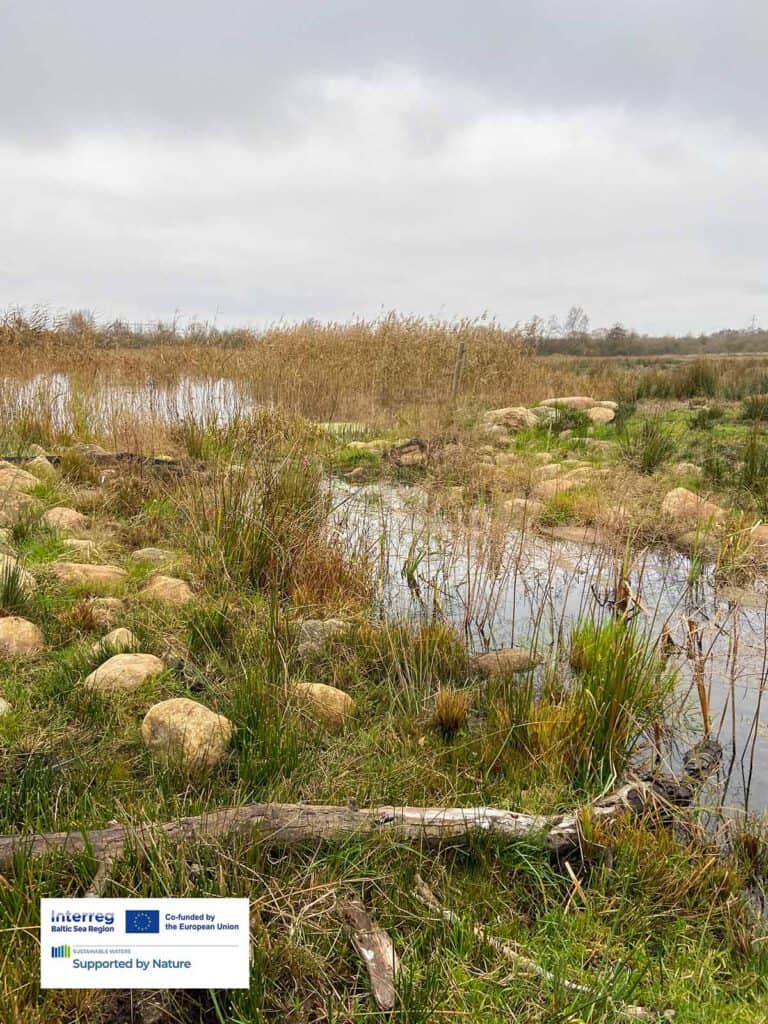
Photo: TThe Köpinge wetland serves as a vital resource, balancing environmental restauration with agricultural needs. Credit: Anna Särnblad
Regenerative Farming in Action
Next visit was Rinkaby wetland, where regenerative farming practices are integrated with biodiversity and nutrient retention efforts. A local farmer demonstrated sustainable methods, including moveable fencing and water level management to enhance wetland functionality.
Photo: Demonstration of moveable fencing at Rinkaby wetland showcasing the integration of regenerative farming practices with biodiversity and nutrient retention. Credit: Martina Adenholm
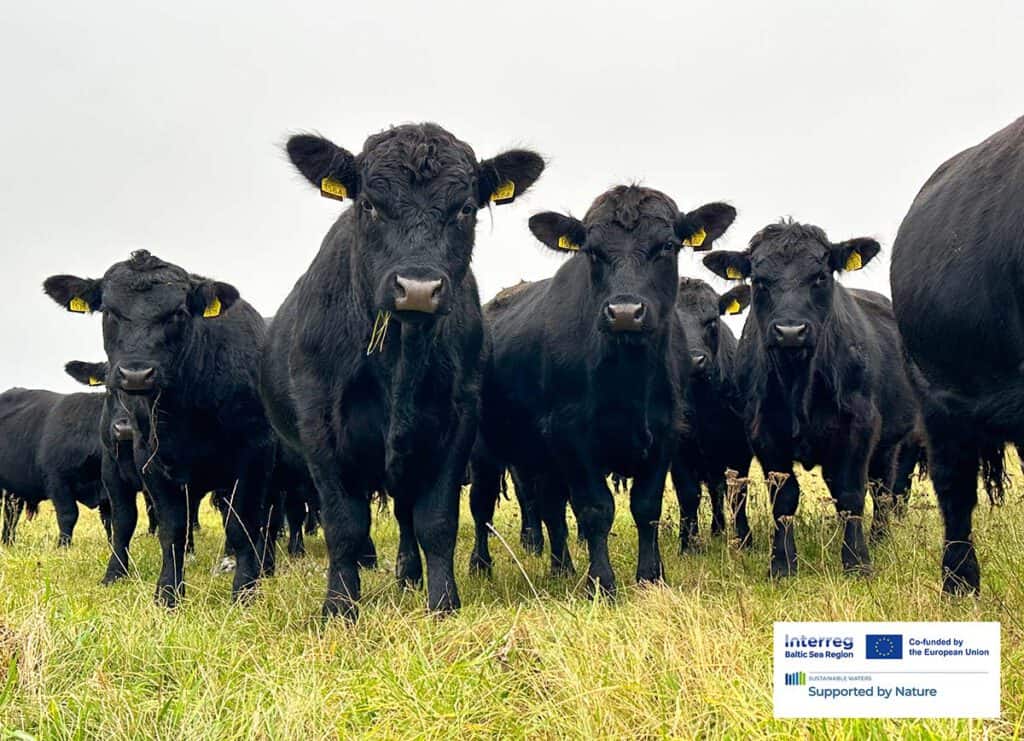
Photo: Explanation of water level management to optimize wetland functionality at Rinkaby wetland. Credit: Martina Adenholm
Innovative Solar-Powered Solutions
The final stop for the day was Furumo Wetland in Sölvesborg Municipality, featuring cutting-edge solar technology supporting nutrient retention, irrigation, and biodiversity enhancement. This site showcased the potential for combining technology with nature-based solutions.
Photo: Furumo wetland in Blekinge showcases innovative solar technology that supports nutrient retention, irrigation, and biodiversity enhancement. Credit: Martina Adenholm
Coastal Nature-Based Solutions in Malmö
The learning journey continued the following day at the Marine Education Center and basin areas in Malmö. Participants explored innovative approaches to managing coastal ecosystems within both natural and urban settings. Experts at Marine Education Center shared valuable knowledge on sustainable practices that can be adapted for coastal regions—a fantastic continuation of the transnational learning journey!
Photo: The Marine Education Center in Malmö presented innovative approaches to managing coastal ecosystems within urban settings. Credit: Anna Särnblad.
Fostering Collaboration Across Borders
Thanks to Interreg, this transnational exchange is paving the way for strengthened collaboration and shared knowledge on sustainable land and water management. Together, we’re building a foundation for more resilient ecosystems and communities.





